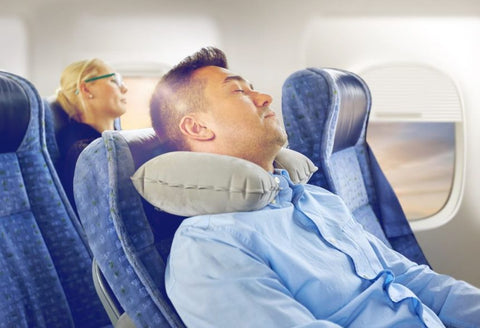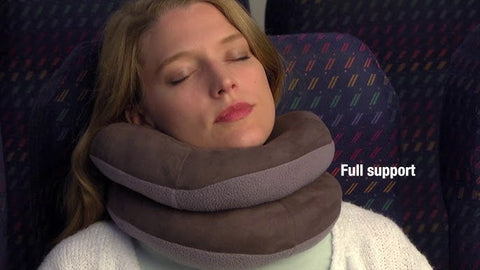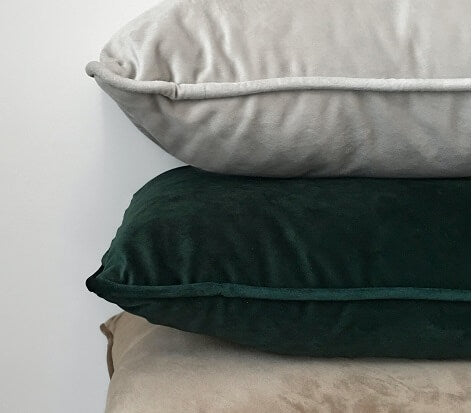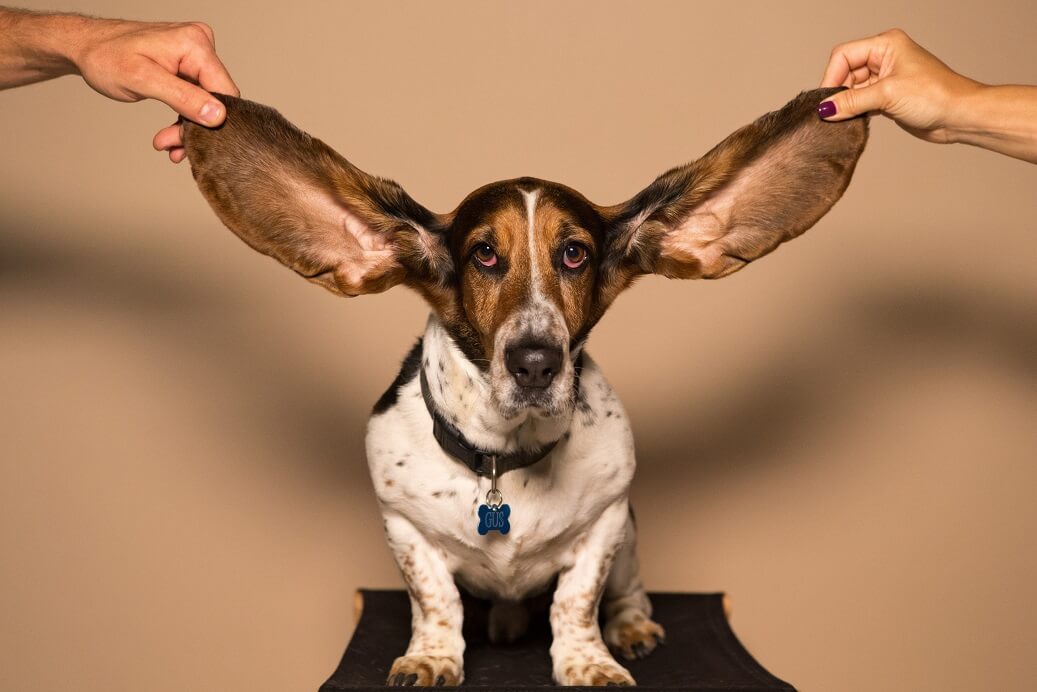The question that frequently pops up among frequent flyers and long-distance travelers is - do travel pillows really work? Travel pillows are touted as a must-have item for those embarking on long journeys, but is there actual merit to this claim, or is it just another marketing gimmick? Let's delve into the details and find out.

Understanding the Purpose of Travel Pillows
The main function of travel pillows is to support the head and neck during travel. Specifically, they aim to counteract the notorious head bob that often occurs when you fall asleep in an upright position. This inadvertent motion can cause discomfort and strain in the neck area, leading to an unpleasant travel experience. By providing a stable and supportive structure, travel pillows can help encourage a more natural sleep posture, even when you're not in a traditional sleeping environment. This support deters unnatural movements and helps prevent potential discomfort, contributing to a more relaxed and comfortable journey. Understanding how travel pillows help reveals that they are more than just comfort accessories—they serve a practical purpose in promoting better sleep hygiene during travel.
The Science Behind Travel Pillows
Travel pillows operate based on principles of ergonomics, which focuses on designing products that provide optimal interaction between people and their environment. They are constructed to keep your neck and spine in their natural alignment, helping to alleviate unnecessary strain. When your neck maintains its natural position without excessive bending, it reduces tension on the muscles and ligaments, potentially diminishing the chance of discomfort or pain. By understanding the ergonomics of travel pillows, you can see how they might provide an effective solution for maintaining proper posture while sleeping in a seated position, thus potentially reducing common travel-related neck pains and discomfort.
Factors to Consider when Choosing a Travel Pillow
Travel pillows can indeed provide a measure of comfort and support during long journeys, but their effectiveness can hinge on a variety of factors. Key among these are the style of the pillow, its construction materials, and the individual's comfort preferences.
Travel pillows come in a plethora of shapes and sizes, each bringing its unique advantages and disadvantages to the table. The classic U-shaped pillows are well-liked for their compactness and simplicity, but they might not deliver adequate side support. Alternative designs such as J-shaped, wrap-around, or inflatable pillows offer varying degrees of support and comfort. The success of these designs largely hinges on the individual's comfort preferences and sleep patterns.
The choice of material can significantly influence a travel pillow's comfort and support level. Memory foam, known for its conforming properties, can offer excellent support and comfort, but these pillows can be somewhat unwieldy. In contrast, inflatable pillows are extremely portable but may not offer the same comfort levels.
Personal comfort preferences play a crucial role in determining the effectiveness of a travel pillow. Some people might find certain designs uncomfortable or unnatural, while others may swear by them. Therefore, understanding your comfort preferences and sleep habits is essential when choosing a travel pillow.
Finally, consider how much space you have available for a travel pillow. Some types can be bulky and difficult to pack, which can be a disadvantage if you're traveling light.
In the end, selecting the right travel pillow requires a balance of personal comfort preferences, design, material, and practicality.

User Experiences and Testimonials
Travel pillows seem to be a hot topic among globetrotters and long-distance commuters, with numerous testimonials attesting to their effectiveness. The internet is awash with positive feedback from satisfied customers who vouch for the restful sleep they get during their travels, thanks to these pillows. These individuals credit travel pillows for enhancing their overall journey by reducing neck strain and fostering better sleep.
But it's not all sunshine and rainbows. Some travelers voice their disappointment, citing discomfort or unnatural feel of the pillows. The inconvenience of packing and carrying around travel pillows has also been a common complaint, particularly among those who prefer to travel light.
Each individual's experience with travel pillows appears to be unique, with some swearing by their benefits and others expressing dissatisfaction. This spectrum of feedback highlights the importance of personal comfort and preference when it comes to using travel pillows. The varied experiences underline the notion that while travel pillows can indeed enhance comfort during travel for some, they might not be the magic solution for everyone.
The Downside of Travel Pillows
While travel pillows have proven beneficial for some, they also have certain downsides worth considering. A common drawback is the size and packability of these pillows. Particularly non-inflatable versions, known for their comfort and support, tend to be bulky, posing a challenge for those who prefer to pack light or have limited luggage space.
Comfort and effectiveness are another area of concern for some users. Misfit or incorrectly used travel pillows can lead to discomfort rather than alleviating it. This is especially true for those who may not be accustomed to the feeling of a travel pillow or who don't find the designs agreeable with their sleep preferences.
In addition, finding the right travel pillow may involve some trial and error, adding to the inconvenience. Not every design is suited for everyone, and individual comfort needs can vary greatly. A pillow that works wonders for one traveler might not offer the same comfort to another. This implies that you may need to try out different pillows before finding the one that suits your needs perfectly.
In summary, while travel pillows can enhance comfort during long journeys, they also come with potential downsides such as bulkiness, varying comfort levels, and the need for individual fitting. It's essential to keep these factors in mind when deciding whether or not to invest in a travel pillow.
Conclusion - Do Travel Pillows Really Work?
So, are travel pillows a sound investment? The answer isn't black and white. For some, they offer crucial support and comfort during extended journeys, making them a valuable travel accessory. For others, they may not live up to the hype, as comfort is highly subjective and varies from person to person.
It's crucial to introspect about your own sleep habits and what makes you comfortable before taking the plunge and investing in a travel pillow. If you decide to venture into this, take into account your specific needs and the considerations highlighted above to find the right fit for you. With a carefully selected travel pillow, you could transform your long, grueling journeys into comfortable, restful experiences.
To wrap it up, while travel pillows aren't the holy grail for everyone, they certainly can make a significant difference for some. It ultimately boils down to personal preferences and finding what works best for you. Remember, travel doesn't have to be uncomfortable - with the right tools and adjustments, you can turn it into an enjoyable and restful experience.






